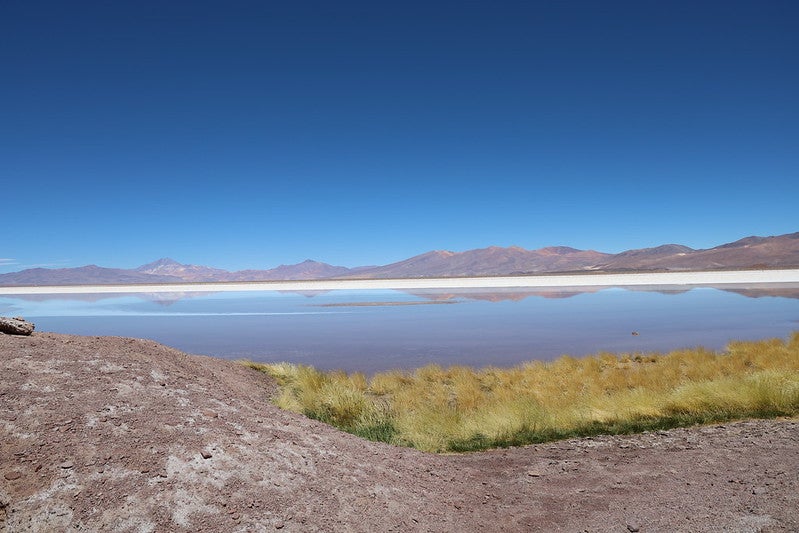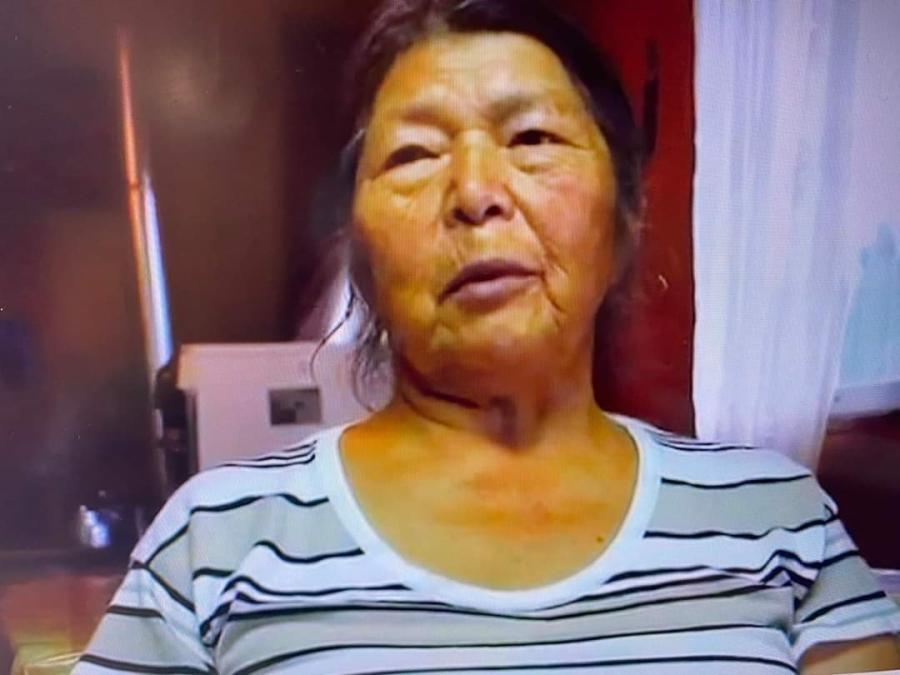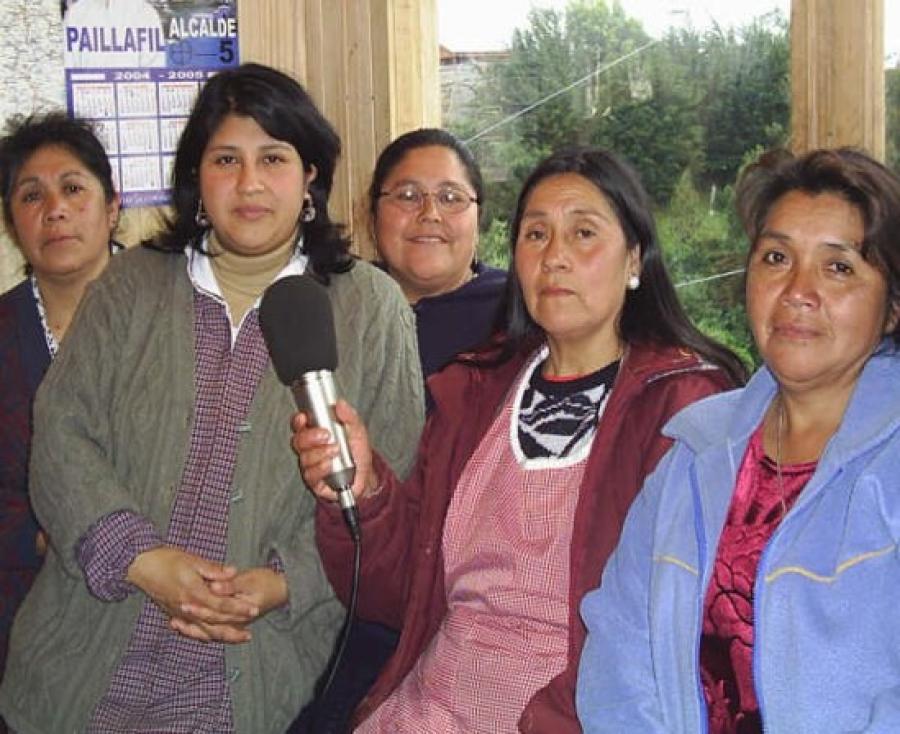
The recognition of Indigenous Peoples in Chile is only established in the law and not in the constitution, making it the only South American country that does not recognize Indigenous Peoples constitutionally. On the other hand, there are several international instruments that develop the rights of Indigenous Peoples in Chile more broadly and robustly, such as the ILO Convention 169, the UN Declaration on the Rights of Indigenous Peoples, and the Convention on the Elimination of All Forms of Discrimination against Women (hereinafter the Convention) since 1989, as well as the optional protocol to the Convention since 2020. Since 1989 the Chilean state has been committed to legislation and public policies that are framed to advance against any type of discrimination against women living in the country, and this is also addressed to the situation of Indigenous women, however, the vulnerability of being Indigenous is added to the fact of being a woman.
One of the bases on which the Chilean state is configured considers that there are no privileged individuals or groups, this principle is reflected in Article 19 of the Constitution, which states the following: "The constitution ensures to all persons: N°2 Equality before the law." However, when we talk about the rights of Indigenous women, we can identify a wide range of systematic and structural violations that they face in their lives.
Given the lack of constitutional recognition, systemic violence, criminalization and lack of compliance with international standards suffered by Indigenous women in Chile, Cultural Survival and the Colla Indigenous Community of Copiapó Commune have issued a series of recommendations on the status of their rights for review by Chile before the Committee on the Elimination of Discrimination against Women (hereinafter the Committee).
According to the 2017 census, in Chile 12.8% of the population identifies itself as Indigenous, with 11 Peoples (Mapuche, Aymara, Quechua, Lickanantay, Colla, Diaguita, Chango,Yagan, Rapa Nui, Selk'nam and Kaweskar) recognized by Indigenous law, with the Mapuche people having the largest population.
About 12.4% of the country's women are recognized as Indigenous, representing almost 51% of the Indigenous population. The report notes that the rights of Indigenous women are violated more severely than the rights of other non-Indigenous women in Chile, for example, Indigenous women have 50% more income poverty than the national average for women. Labor participation is only 47% as opposed to 71% for men, and in the case of rural Indigenous women, the difference is even greater because their income comes mainly from agriculture, and they are doubly affected by the effects of climate change, such as the years of drought when they do not have enough water to irrigate their crops and therefore cannot sell crops.
The report also evidenced the violence by the police experienced by Mapuche girls and adolescents, increased by the state of constitutional exception that reinforces the police and military in their territories, cases such as violent arrests or identity controls, presenting 11 cases of police violence from 2018 to 2021 according to the records of the Office of the Ombudsman for Children.
Other rights violations denounced in the report include violence against Indigenous women land defenders, such as the case of the sisters Nora and Grisel Ñancul of the Mapuche community Malleco in resistance. These women were raided in their home, had firearms pointed at them, were immobilized on the ground and detained, were not taken to be checked for injuries, were not given a reading of their rights and were not informed of the reason for their detention, in addition to other violations. These facts described are a clear example of violation of the rights to personal freedom and individual security, due process, access to justice and a clear criminalization of Indigenous women land defenders.
The report also mentions the violation of the right to Free, Prior and Informed Consent in the case of the Colla Community of the Copiapó Commune, which was not considered in lithium extraction projects approved in 2020 despite the fact that one of the projects was mandated by the Supreme Court to carry out the consultation process. In 2023 the government announced the national lithium strategy where the role of the state in lithium extraction through the state-owned company CODELCO is an objective. As part of this strategy, the communities were not consulted. The Salar Blanco project, which was purchased by CODELCO at the beginning of 2024, is still approved without having carried out the consultation process, and for this reason it is in the Environmental Court since the community filed a complaint appeal against this approval. In effect, the constant violation of the right to Free, Prior and Informed Consent in projects that seek to extract resources from the territories of Indigenous communities leads to the violation of the right to effective participation of women and girls contemplated in the Convention.

Due to the situations and context in Chile described above, Cultural Survival and the Colla Indigenous Community of the Commune of Copiapó, urged the Committee on the Elimination of Discrimination against Women to make the following recommendations to the State of Chile:
- Respect consultation processes according to self-determination and community processes, guaranteeing the right of Indigenous Peoples to give or deny their Free, Prior and Informed Consent on the exploitation of natural resources and any activity carried out in their territories.
- Consider Indigenous women in a differentiated manner within public policies related to women and collect disaggregated information about them in order to respond to their needs and realities.
- Respect and guarantee the rights and security of Indigenous women defenders to ensure the non-repetition of the violations committed and to put an end to the harassment, prosecution and violence suffered by them.
- Ensure adequate investigation processes for the murders of Indigenous women land defenders in order to clarify the context in which they occurred, the perpetrators and masterminds, and obtain justice.
- Ensure that the judicial processes to which Indigenous women land defenders are subjected are carried out with all the fundamental guarantees established by due process.
- Create an agency responsible for the reparation of women and other Indigenous people who have been unjustly judged, violated in investigative processes and violated by state agencies.
- Develop police protocols for raids on Indigenous communities with a gender perspective and that protect the rights of Indigenous children and adolescents.
Chile's review session took place on October 15, 2024. The Committee recommended to the State of Chile, in terms of data collection: to promote and strengthen the collection of disaggregated data, taking into account, among others, ethnicity for the purpose of implementing, designing laws, public policies, programs and budgets.
The Committee noted the lack of disaggregated data on the use of force by state agents against Mapuche women and recommended establishing an independent mechanism to investigate complaints of excessive use of force against them and ensure effective reparations, as well as ensuring the collection of disaggregated data on the use of force against Mapuche women.
Regarding Free, Prior and Informed Consent, the Committee recommended guaranteeing this right so that there is an equitable distribution of benefits and meaningful participation in decision-making about the use of natural resources and lands traditionally used by Indigenous women.
The role of Indigenous women in any country and in any People is essential for the survival of culture, as they are the bearers of ancestral knowledge of the cosmovision of their Peoples, of the transfer of this knowledge to children and adolescents, and also those who, in deep connection with Mother Earth, defend her as one of their own. To the extent that the State of Chile promotes and guarantees respect for the rights of Indigenous women, it will advance towards the effective protection of them and the Peoples.



